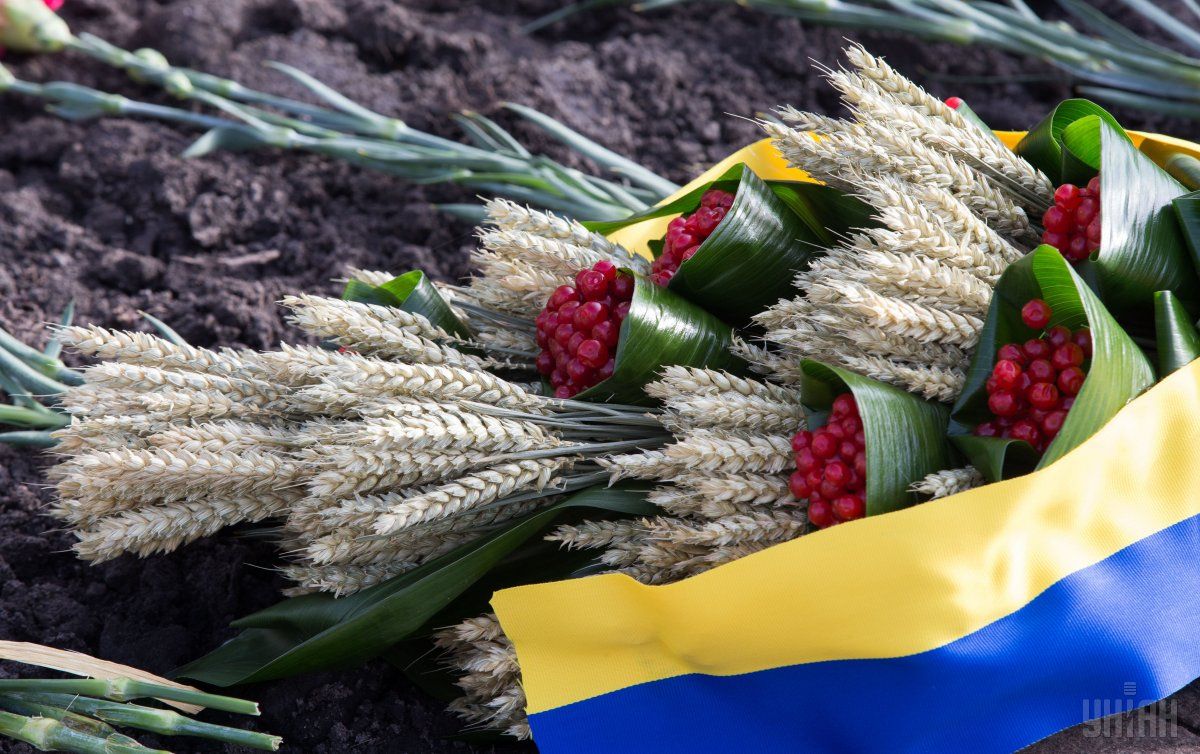
The book draws parallels between past and present that reveal how little—except the scale of the damage and carnage—has changed. The psychological and demographic damage from the famine, or Holodomor in Ukrainian, has been so profound that it continues to shape the thinking of Ukrainians and Russians, she argues, according to the Atlantic Council.
For example, Russia does not consider Ukraine as anything more than “Little Russia,” despite history and the fact that their languages are as different as French and Spanish.
Read alsoUkraine envoy asks U.S. Senate to recognize Holodomor as act of genocideOld narratives are why in 2014, after a Russian puppet was driven from Ukraine’s presidency, Putin immediately invaded and occupied 9% of Ukraine with the intention of invading much of the rest. Since then, more than 10,000 Ukrainians have died, two million have fled their homes, the industrial heartland has been destroyed, and Ukraine’s economy crippled.
Putin also believes that Ukraine is an existential threat, as did Stalin.
“It is possible to hear the echo of Stalin’s fear of Ukraine—or rather his fear of unrest spreading from Ukraine to Russia—in the present too. The Russian FSB, successor of KGB, continues to demonize its opponents using propaganda and disinformation,” she writes.
Read alsoPortugal recognizes Ukraine Holodomor in 1932-1933 as genocide“The famine fits perfectly into the original definition of genocide...But during the United Nations debate about the genocide convention in the 1940s, the Soviet delegation altered the legal definition precisely in order to avoid the inclusion of the famine.”
Her book also illustrates how Russian tactics to hoodwink and neutralize world opinion in the 1930s read like today’s Putin public relations playbook.
For instance, a seventy-fifth birthday party was thrown in Moscow for socialist George Bernard Shaw. “Thanking his hosts, he declared himself the enemy of anti-Soviet [famine] rumor-mongers,” wrote Applebaum.
Read alsoWhat Russian "peacekeepers" wantShe describes how Britain’s Prime Minister Lloyd George threw a colleague under the bus for writing about the widespread suffering in Ukraine, and how America’s Roosevelt lauded The New York Times correspondent in Russia, Walter Duranty, the ultimate Holodomor denier who in 1933 wrote that “there is no actual starvation or deaths from starvation but there is widespread mortality from diseases due to malnutrition” and that suffering was for a “noble” reason.
All of this was ruinous to Ukraine back then and still exists today, although in less malevolent doses.
The importance of her book is that she connects today with yesterday which explains her last, halting sentence: “As a nation, Ukrainians know what happened in the twentieth century, and that knowledge can help shape their future.”
Hardly a rousing ending, but a realistic one because the rest of the world does not understand the origin and extent of Putin’s predation.

